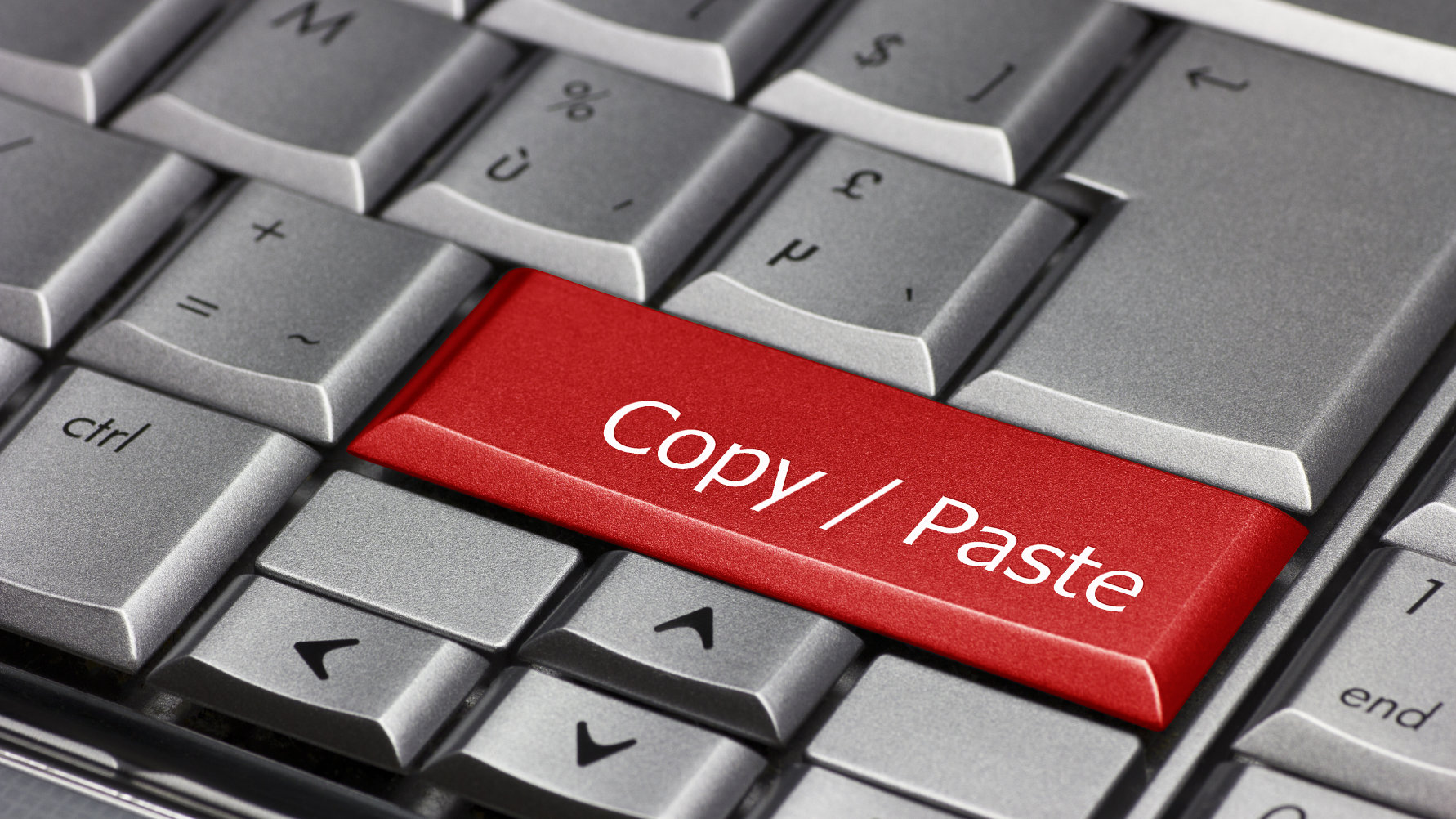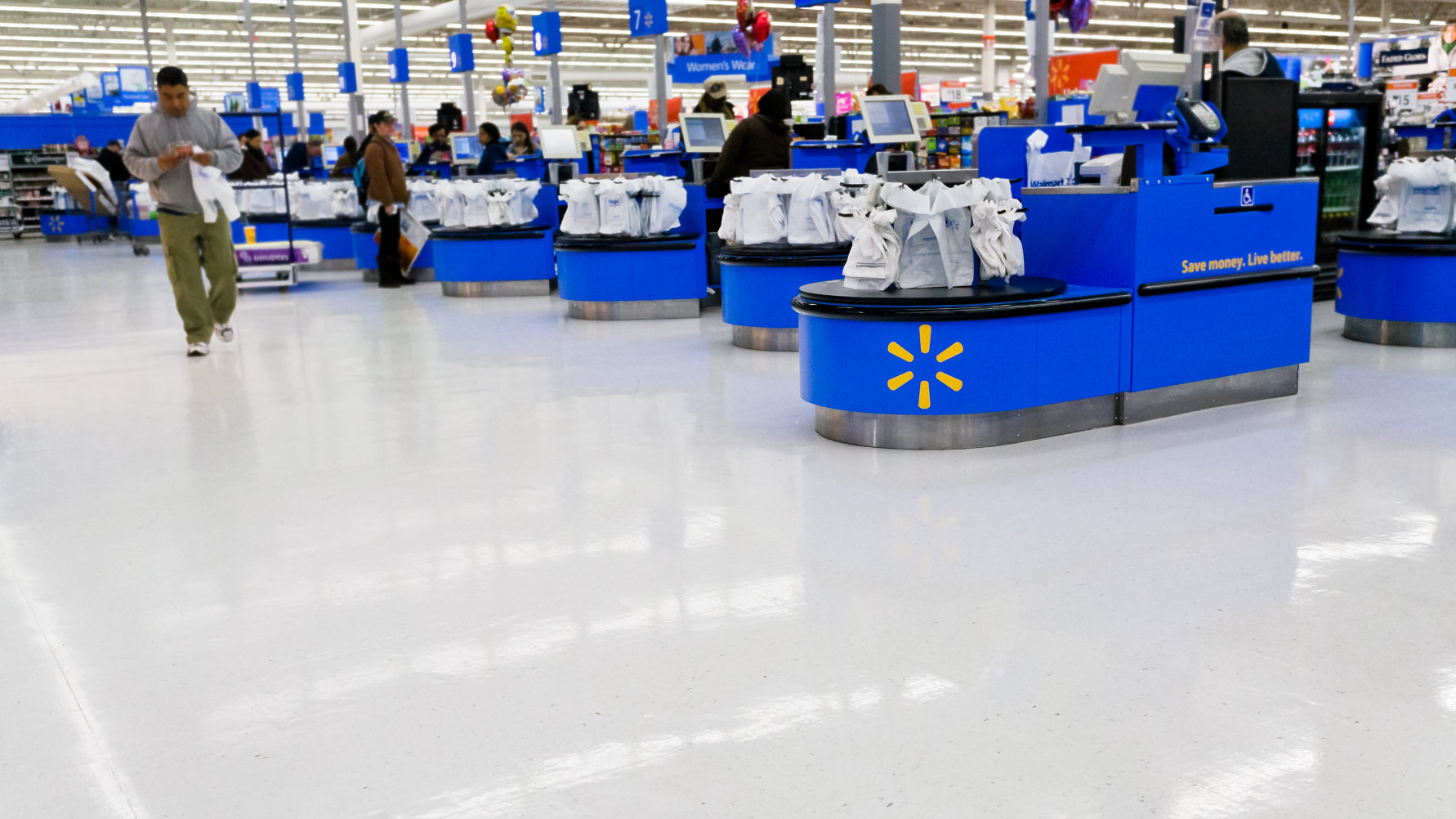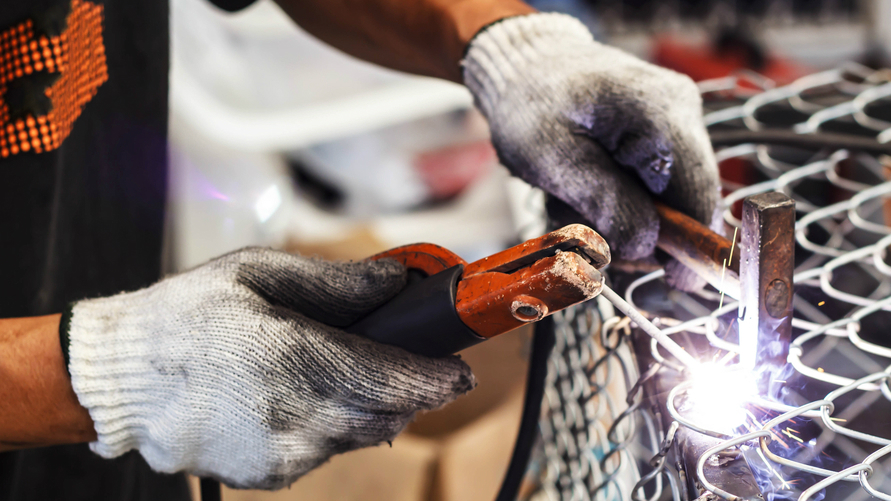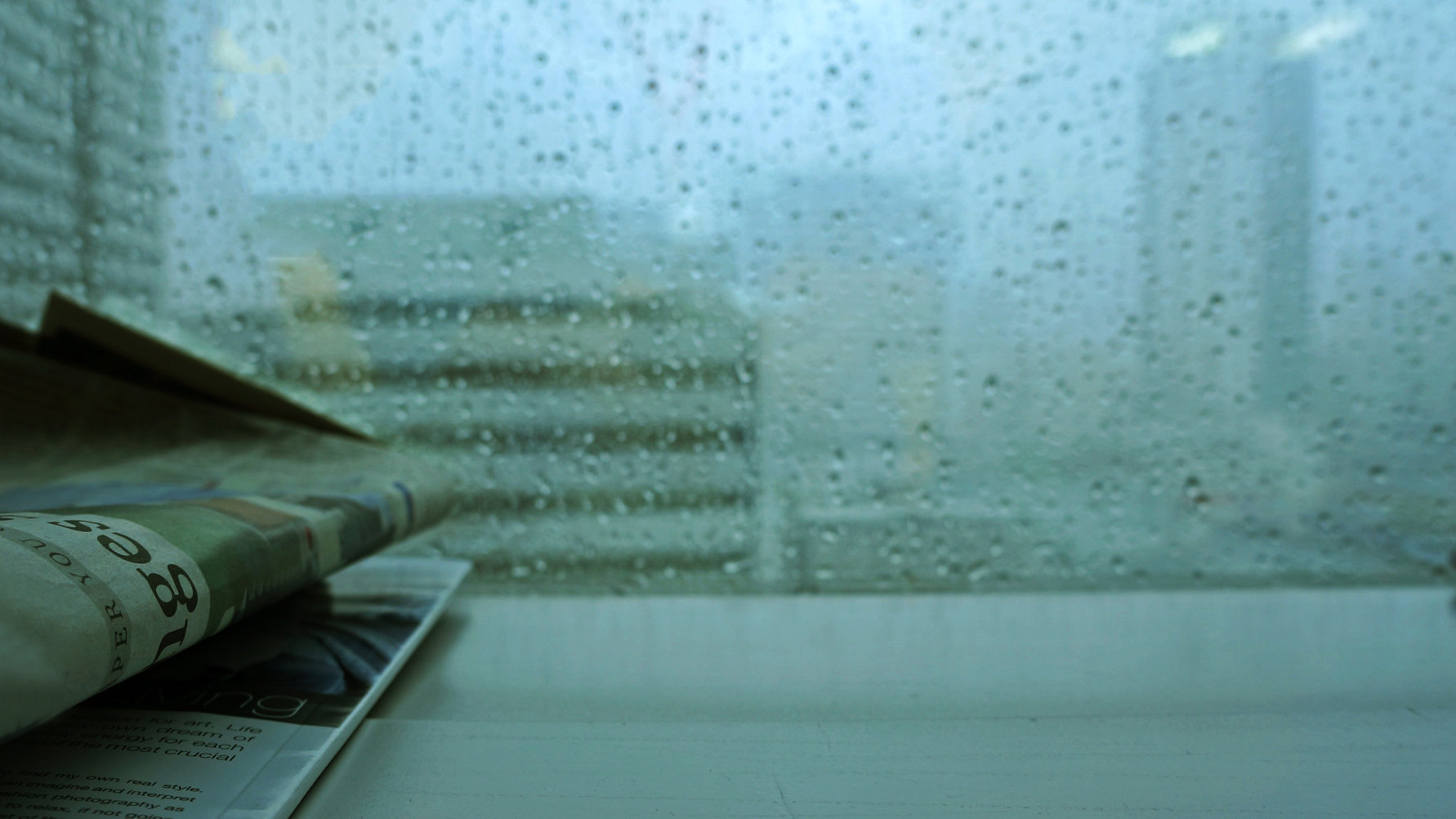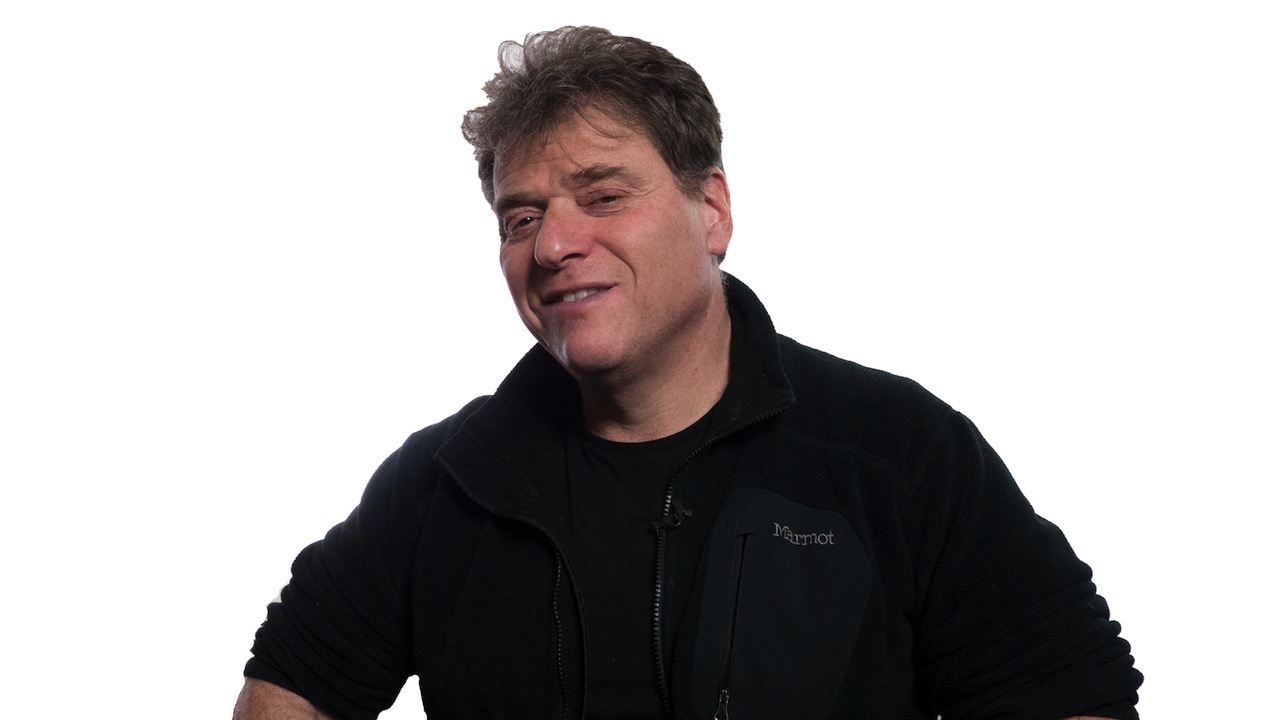Technology & Innovation
All Stories
Biologist Edward O. Wilson speaks to the impact of synthetic biology and other advances that will reframe how human beings perceive life.
Greece’s new finance minister Yanis Varoufakis warns that the euro zone is “a castle of cards.” Remove the Greeks and the whole thing would fall apart.
If you think getting an MBA from a prestigious school will guarantee you a job at Google, think again.
There’s more than one way to plagiarize another’s work. Some are going so far as to resort to copying, pasting, and replacing phrases and words with synonyms from the thesaurus — an effective technique with varying results.
Researchers have found connections that suggest a population’s growing rate of obesity could be connected to the proliferation of wholesalers and restaurants in that region.
DIY welding equipment and access to basic lessons are becoming widely available to the layperson. Basic household repairs and projects have never been easier.
Writers without a muse are like runners without legs. Luckily, technology is here to help.
The state of Colorado is legally obligated to return a portion of the excess tax revenue generated by legal marijuana sales, but now, state legislatures are balking at the rule.
Winners of the 2015 Sundance Film Festival have been announced and distribution deals have been cut (to the disappointment of on-demand platforms like Netflix and Amazon).
Gaps in public services available to women are closing, but women still lack a participatory voice in economic and political matters.
As we all come to grips with the groundhog’s latest prediction that we’ll be facing six more weeks of winter, businesses should be glad. Researchers have found a correlation between bad weather and an uptick in productivity.
The author of The Internet is Not the Answer decries the free business model that has brought so much success to companies like Google and Facebook.
Creativity comes at unusual times: in the shower, when you’re out for a walk, seemingly when we aren’t doing anything—when we’re bored. But smartphones assure that our minds are never without occupation.
T.J. Breeden’s nonprofit eMerging Enterprises employs a grassroots approach to providing job training and career advice to veterans and other people in need of a helping hand.
The long arm of automation is reaching out into realms previously thought unconquerable by machines. The Associated Press is proving journalism to be another of those realms.
European robotics experts obviously have their priorities in order because they’re designing a system to help facilitate more efficient winemaking.
Americans are quickly losing interest in the country’s most infamous contribution to global culture: the fast food restaurant.
Knowing how to schedule and run an efficient meeting can mean the difference between your employees feeling positively about their day or believing they are slowing wasting their lives.
Rugby, like business, is a game of inches. Gaining a competitive advantage requires sharp data analysis and advanced analytics.
Binge-watching a TV series and the allure of “just one more episode” are things most of us can relate to. But researchers from the University of Texas at Austin think that this persistent behavior could be a warning sign for depression.
Far from dodging the issue of the environment, the mayor of Beijing, Wang Anshun, recently called his own city “unlivable” due to air pollution caused by industry, driving, and a population boom.
In a world where the future of seemingly everything is online, museums — those repositories of the past — seem to resist the internet’s full digital embrace. It’s a question that’s increasingly crossed my mind thanks to a series of unrelated stories that share two common questions — how do people use museums now and how will they in the future? For every digital breakthrough enticing us to step on the virtual gas comes a cautionary tale reminding us to pump those virtual brakes. Ultimately, the online revolution is coming to museums, but is the future of museums really online?
A day after forecasters unanimously predicted a snowstorm of epic proportions for New York City, and the mayor ordered eight million people to stay off the roads, the predictions failed to materialize. The city received inches of snow rather than the feet predicted. A good thing, to be sure, but how did such dire predictions miss the mark?
The degree to which the online abuse occurs could necessitate anything from a simple Facebook block to, in more dire cases, a call to the police.
Messy workspaces have their benefits–some research suggests that the clutter makes people more creative. But there’s another aspect to the clutter, which may be undermining your ability to persevere through a difficult task.
Life coach and author Tony Robbins had entered the world of personal finance with his latest book.
Is working from home good for business? A recent study has found that it is: productivity goes up, staff turn-over goes down, and job-satisfaction increases.
The Sony corporation is still picking up the pieces after suffering a devastating cybersecurity breach in November. The company announced this week that it will miss the deadline to post its third-quarter earnings report.
The recession is on its way out and, with it, so goes the hirer’s job market. When conducting interviews, remember that your job is to disqualify wrong candidates while simultaneously keeping good ones from getting away.
Boston’s aging infrastructure is leaking methane gas into the atmosphere at levels much higher than originally suspected, hurting the environment and the regional economy.



